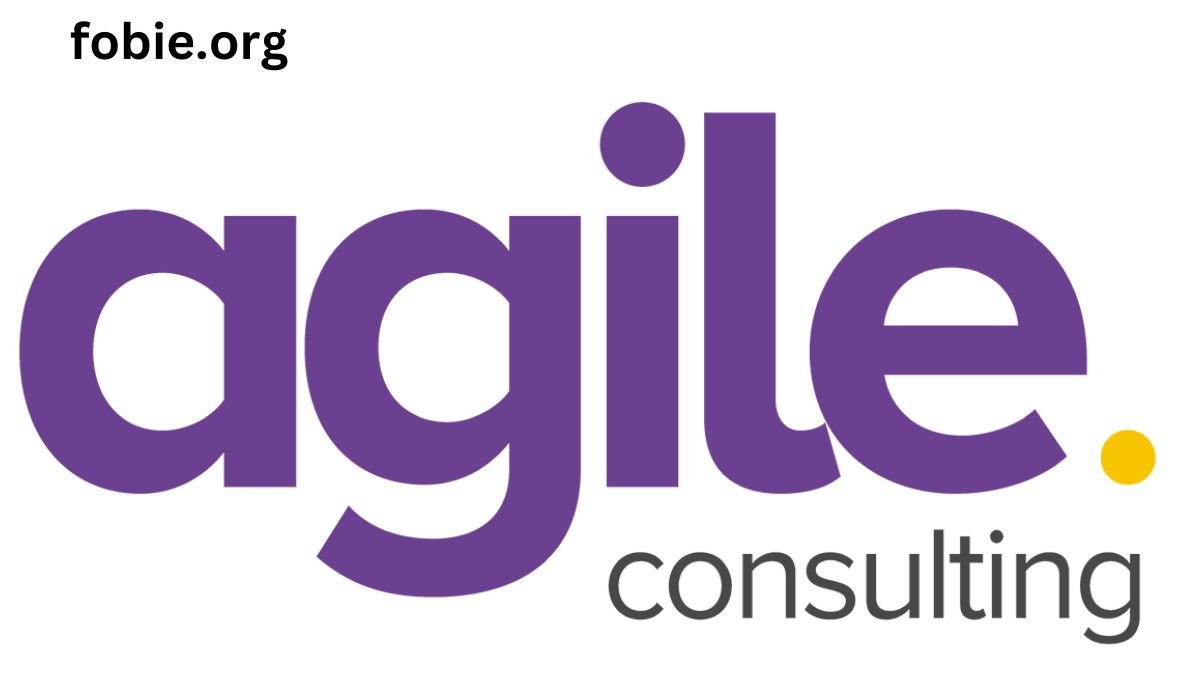Key Takeaways
- Becoming a notary public opens doors in public service, law, and business by enhancing credibility and trust.
- The certification process typically involves meeting state eligibility requirements, completing training, passing exams, and acquiring necessary supplies.
- Notaries play a vital role in preventing fraud and ensuring document integrity across various sectors.
- Technological advances, such as remote notarization, are shaping the future of the profession, keeping notaries in high demand.
- The career offers flexibility, diverse income opportunities, and the potential for professional growth.
- Ongoing education and a steadfast commitment to ethics are essential for continued success as a notary public.
What Does A Notary Public Do?
A notary public acts as an impartial witness during legal document signings, verifying identities, confirming voluntary participation, and ensuring accuracy. Their role adds a layer of protection against fraud and affirms contract enforceability. A notary’s signature and seal demonstrate due diligence, earning trust from individuals and businesses. Remaining current with credentials is essential for those already commissioned. If you’re in Florida or planning to continue your professional journey, it’s necessary to renew notary Florida on time to maintain your eligibility and avoid service interruptions. Regular renewal ensures your authority to perform notarial acts remains valid. Staying current also reflects your commitment to professionalism and compliance with state regulations. Don’t forget to check for any updates or changes in the renewal process to ensure a smooth continuation of your services.
Steps To Become A Notary Public
The process to become a notary public varies by state, but common steps include verifying eligibility—such as being at least 18 and a legal resident—and possibly completing a notary education course on laws and ethics. Some states, like California and Texas, require passing an exam, while others rely on applications and background checks. Applicants often need a surety bond and supplies like a seal and journal. After completing these steps and getting approval, your state issues your notary commission. Guides are available on each state’s secretary of state website. Staying organized helps meet requirements and deadlines.
Why Become A Notary Public?
People pursue notary commissions for a variety of reasons, from advancing their careers in law, real estate, or finance to serving the community or building a flexible business as an independent notary. Notaries are in demand in banks, law firms, government agencies, healthcare facilities, and many other industries. The transition to digital and remote notarizations is helping expand opportunities, allowing notaries to provide services for clients across geographic boundaries. According to Forbes, the growing use of digital tools in notarial services is enhancing both efficiency and fraud prevention.
Staying Compliant And Ethical
Ethical integrity is essential for notaries, requiring strict compliance with laws, avoiding conflicts of interest, and maintaining unbiased service. Notaries must not notarize documents where they have a personal interest or shortcut verification. Most states require regular renewal with continuing education or background checks. Ethical breaches like negligence or fraud can lead to losing your commission and legal issues. Ongoing learning and upholding impartiality are crucial.
Opportunities In The Digital Age
Remote online notarization (RON) is transforming the notarial profession by enabling secure identity verification and witnessing via encrypted video, especially helpful for geographically dispersed or mobility-restricted clients. States are updating laws to regulate digital notarizations, and staying current on legal and tech updates is crucial for competitiveness. NBC News notes that remote notarization is responding to increased demand for virtual legal services and is poised to become common as more states pass supportive laws.
Tips For Notary Success
- Maintain complete and accurate records for every notarial act, storing logs and documents securely.
- Always verify identification rigorously, checking multiple forms of ID and ensuring their integrity when necessary.
- Invest in high-quality tools, including a secure stamp, embossers, and a locked storage system for sensitive materials.
- Engage with local or national notary associations to access ongoing education, networking opportunities, and support.
- Promote your services to local businesses, legal firms, and community centers to build a robust client base.
- Stay informed about regulatory changes, emerging digital trends, and best practices in notarial service.
Common Challenges And How To Overcome Them
Notaries encounter a range of scenarios, including complex legal documents, clients with limited English proficiency, and individuals who are unable to travel. Proactively pursuing additional training, seeking advice from more experienced notaries, and using technological or interpretive resources, such as translation services, can help overcome these obstacles. Diligence, patience, and a strong support network are invaluable in building your confidence and resolving challenging situations effectively.
The Future Of The Notary Public Profession
The notary public profession is evolving in tandem with advancements in digital security and electronic transaction management. As more legal documents move online and remote transactions become the standard, notaries will be relied upon for both technological savvy and unwavering trustworthiness. Adapting to new tools and embracing continued professional development ensures that notaries remain integral to business, real estate, and legal operations. For those considering this path, the future promises both job security and opportunities for growth within an indispensable industry.
YOU MAY ALSO LIKE: Understanding the 9 Legal Aspects of a Compensation Contract and 4 Ways to Negotiate











